After much deliberation, I finally watched the entire ‘Jane The Virgin TV series. I’m actually proud of myself because I managed to watch 100 episodes in a span of a month while working on this blog and taking care of an infant. I had a deadline before the show disappeared from Netflix, and I wasn’t about to miss the opportunity to watch the show that my friends had been raving about for years. I also wasn’t about to let an opportunity to write new content for the blog just slip away either.
For those of you that are unfamiliar with the premise of the show, ‘Jane The Virgin’ follows its main character, Jane, as she navigates her life as a 20-something year old virgin who accidentally got inseminated. The insemination was meant to be done on Petra, another main and important character on the show. Instead, a Pap test was done on her that was meant for Jane. The more I watched the show, the more confused I got and the more I realized that maybe the entire premise of the show that started it all didn’t actually make any sense. I thought a Pap test was conducted on those women who were sexually active.
Nevertheless, it was a good show. It certainly got one thing right, and that’s showing the struggles a couple can go through while going through infertility. The father of Jane’s baby, Rafael, was a cancer survivor. Due to treatments, his sperm count was low and that was why he and his wife were struggling to conceive a child and went the science route. It was mentioned throughout the show that Petra suffered a miscarriage or two during her marriage. So to say it was devastating for Petra to know that her husband was expecting a child that wasn’t hers due to a medical mistake would be an understatement. But more on that later.
Another story-line on the show was Jane getting to know her father, who wasn’t in her life for the first 20+ years. Despite their long estrangement, they became closer than ever during the show’s run. Also on the show, Jane’s father fathered another baby (not with Jane’s mother), and decided he wanted to a part of the child’s life as he didn’t ant to miss out on her life just as he did with Jane. After much exaggerated conflict and drama, he’s able to do just that – be there for his newborn daughter.
His life as a new parent and goodwill came at a price, though. He dedicated his time to his daughter and took time off work as an actor, which was his life, he began experiencing, what he called, male postpartum depression. His family, including Jane, wasn’t supportive of his confession and didn’t take him seriously. In fact, they him as a joke. The whole ordeal lasted a scene or two and never brought up again. It was just meant for laughs. BUT…..
It’s not a joke. There’s nothing funny about postpartum depression. Postpartum depression in women isn’t taken seriously; not even by medics. That’s why we see so many women disconnected from their children. Some women even end up killing their children due to their illness. Some may say it’s extreme, but that’s what happens when a diagnosis isn’t taken seriously or isn’t at all. Luckily, we have social media to use as a tool to share our experiences with postpartum depression so that we don’t feel alone in our thoughts and so that other women out there who are mothers don’t feel alone either.
It’s very hard for women to go through depression, anxiety and/or any other mental health crisis. Men’s mental health is still something that is highly stigmatized. According to society’s standards, real men don’t have emotions; real men don’t cry; real men are strong all the time; real men don’t struggle with depression and anxiety; in fact, there is no such thing as men going through anything that’s even remotely (postpartum) depression and anxiety.
The reality of it all is, though, depression and anxiety dos exist in men, and the fact that more men pass away by suicide than women do just shows to what extent male depression and anxiety is stigmatized. The little story-line on ‘Jane The Virgin that showcased the effects the birth of a child has on men was touched upon for not even a minute, but it was an important not even a minute. I’ve talked heavily on this blog how epilepsy and seizures are seen as fun and games in movies and TV shows, as well as in real life. Maybe it has to do with who I surrounded myself with during the most difficult time in my life, but me having 50 seizures a day and everything that came with it was a definitely the joke of the town among my friends.
The same goes with depression and anxiety in men, specifically. It was only once the COVID-19 pandemic happened that everyone’s mental health became a priority to talk about. It was only then that it became of importance. But it only became an important topic to cover in the news and media because, suddenly, everyone around the world was struggling with mental health one way or another. Suddenly, mental health had no gender, no race, no sexual orientation, and no disability.
But I’d like to specifically talk more about male postpartum depression. Male postpartum depression is unheard of, and it’s not surprising. Mental health among men was practically unheard of until the pandemic. Postpartum is something that’s treated in women, and just like I previously said, it’s not treated with enough care and attention. The medical team that takes care of a woman during pregnancy and birth is only there for you for 6 weeks after the baby is born. But 6 weeks not merely enough for a woman to understand she needs help. Sometimes it takes a year for symptoms of postpartum depression to even arise.
The reasoning behind postpartum depression is hormones – during pregnancy and after birth. Men obviously don’t go through any hormonal changes during pregnancy and after birth. They don’t even get pregnant, nor do they give birth in the first place. So it’d be impossible for them to go through postpartum depression. That’s what we’re all told. That’s what I’ve been told myself after my son was born by my own family. After doing some research on the matter, though, I realized just how wrong society was on male postpartum depression.
Yes, male postpartum depression DOES, in fact, exists, but not in ways one might think. Men are affected by the birth of their child in non-hormonal ways. These include:
- The effects of a brand new person being in the home and the man’s partner having to adjust to the fact that his partner will not be able to give their full attention to him anymore.
- Not having the ability to bond with the newborn baby as quickly as the mother of the child does, if at all. Because of this, a new father can feel left out of the family unit and consider himself to be a third wheel.
- Having the financial burden on his hands and not knowing if he’ll be able to provide or his family and give them the life the best life that he can. This can cause financial stress, which then causes stress in the relationship between partners, which causes a negative environment for the newborn child.
- The guilt a new father may experience as he doesn’t feel like he’s over the moon with the new arrival as expected by society. We know there’s such a thing as mom guilt, but there’s also a dad guilt, and it needs to be talked about more.
- The lack of sleep and lack of sex can create an emotional burden in the home and in the relationship between the new parents, which can, again, create a negative environment for the newborn child.
So there you have it – all the proof you need to understand that, contrary to your previous beliefs, there is such a thing as male postpartum depression. Most people miss the signs and symptoms of male postpartum depression, mainly because men mostly laugh them off due to the stigmatization surrounding male mental health as a whole, exactly how the subject was handled on ‘Jane the Virgin.’ The fact of the matter is, however, there’s absolutely nothing to be ashamed of. Fatherhood is the toughest job there is. More men should be comfortable enough to ask for help, and society needs to do a better job at supporting men in this job.
Sign up to our newsletter if you want to see more content from The Graceful Boon! By signing up to our newsletter, you'll get an even more in-depth content from yours truly, Stacie Kiselman, who's our Graceful Boon, that you won't want to miss out on.

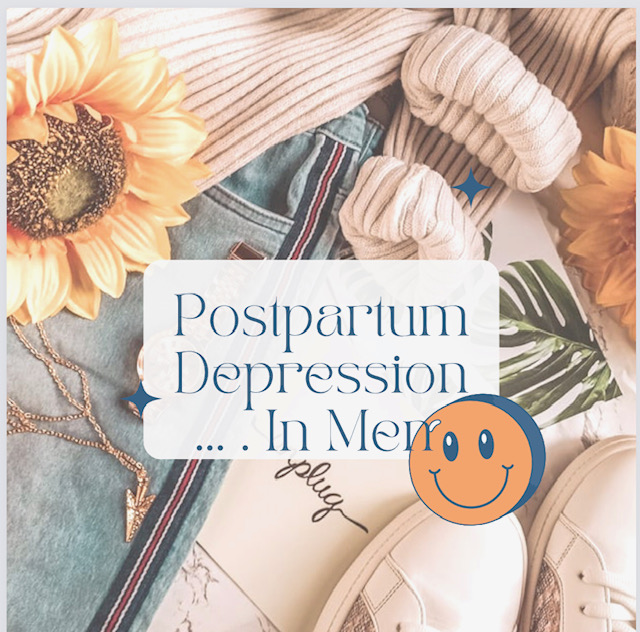

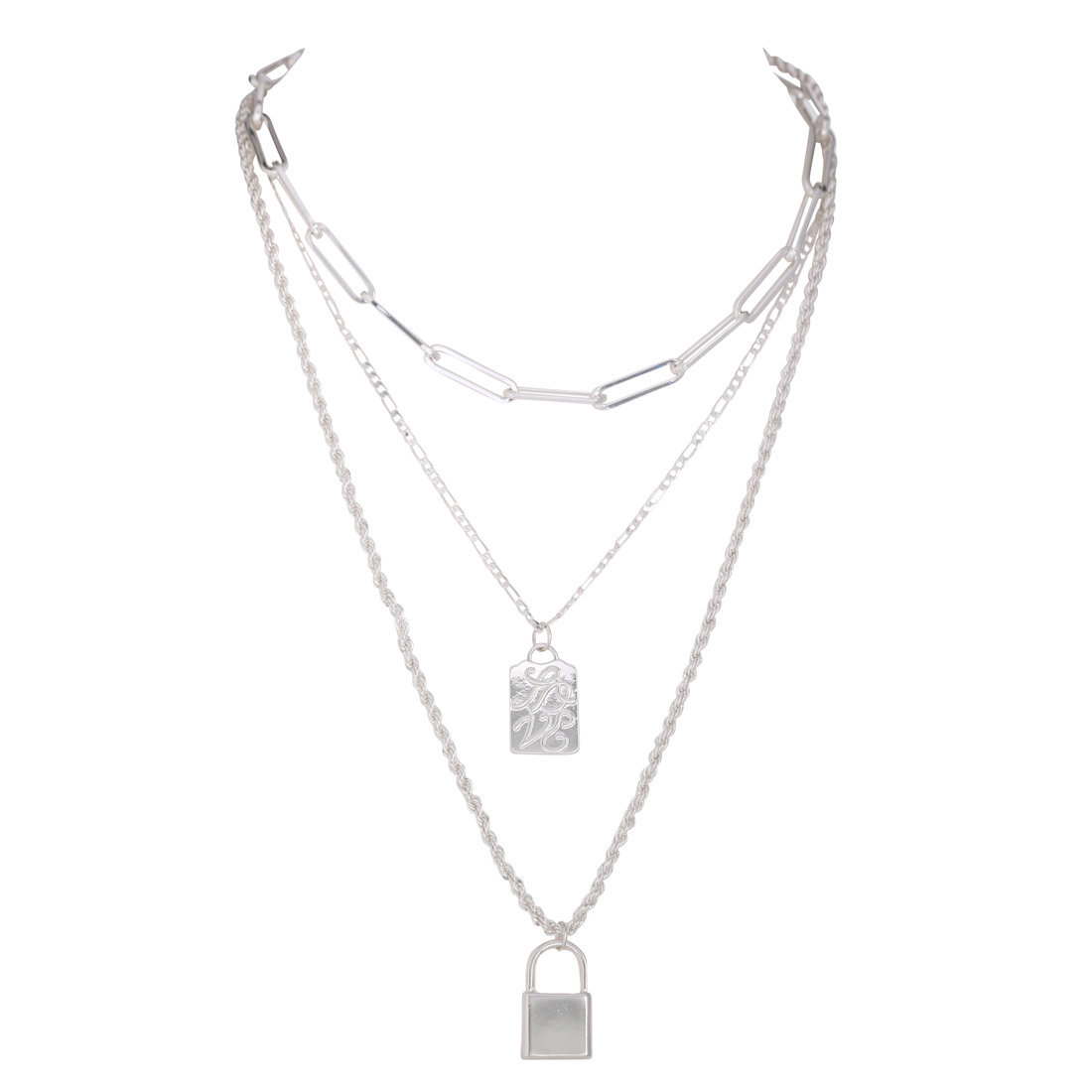
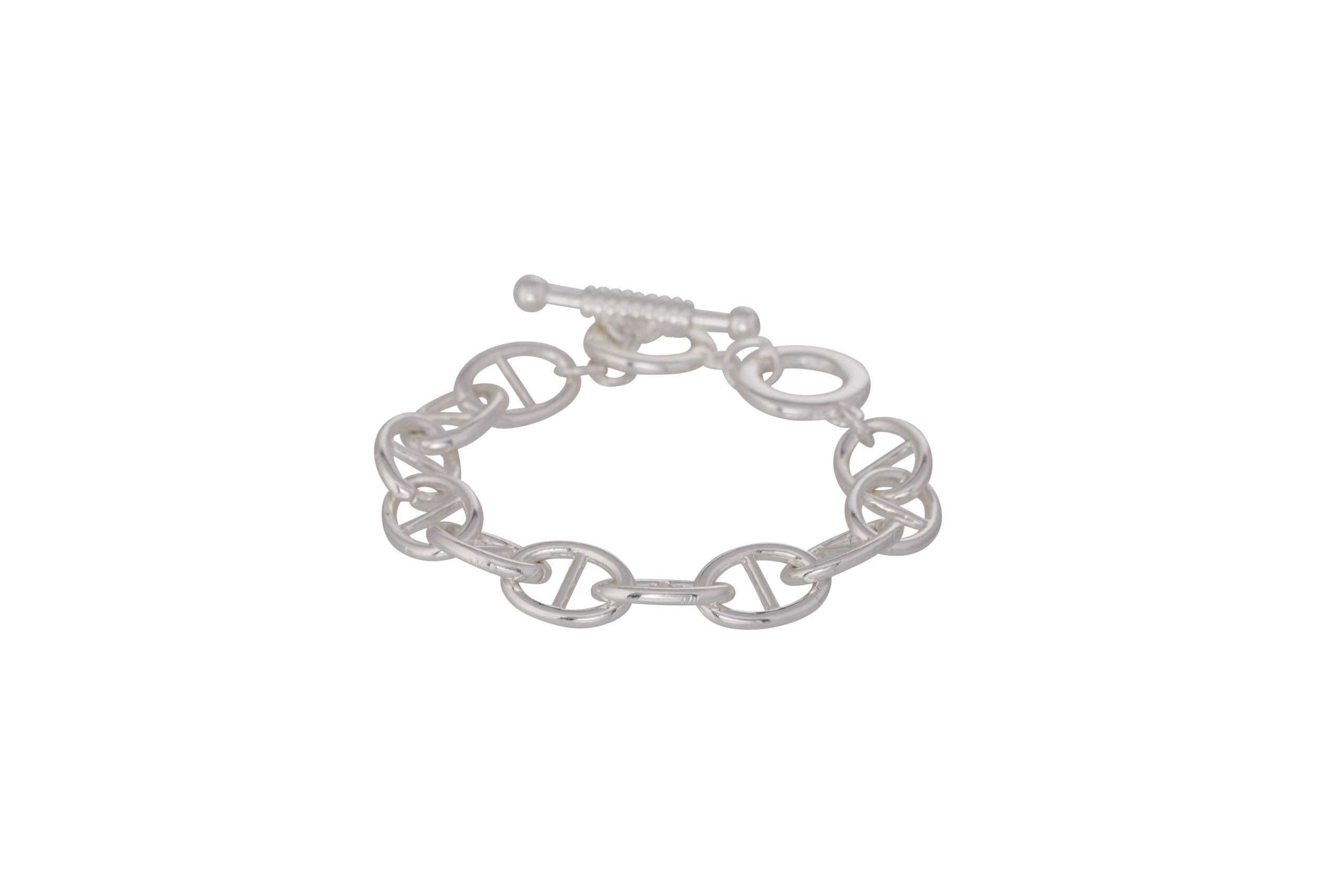
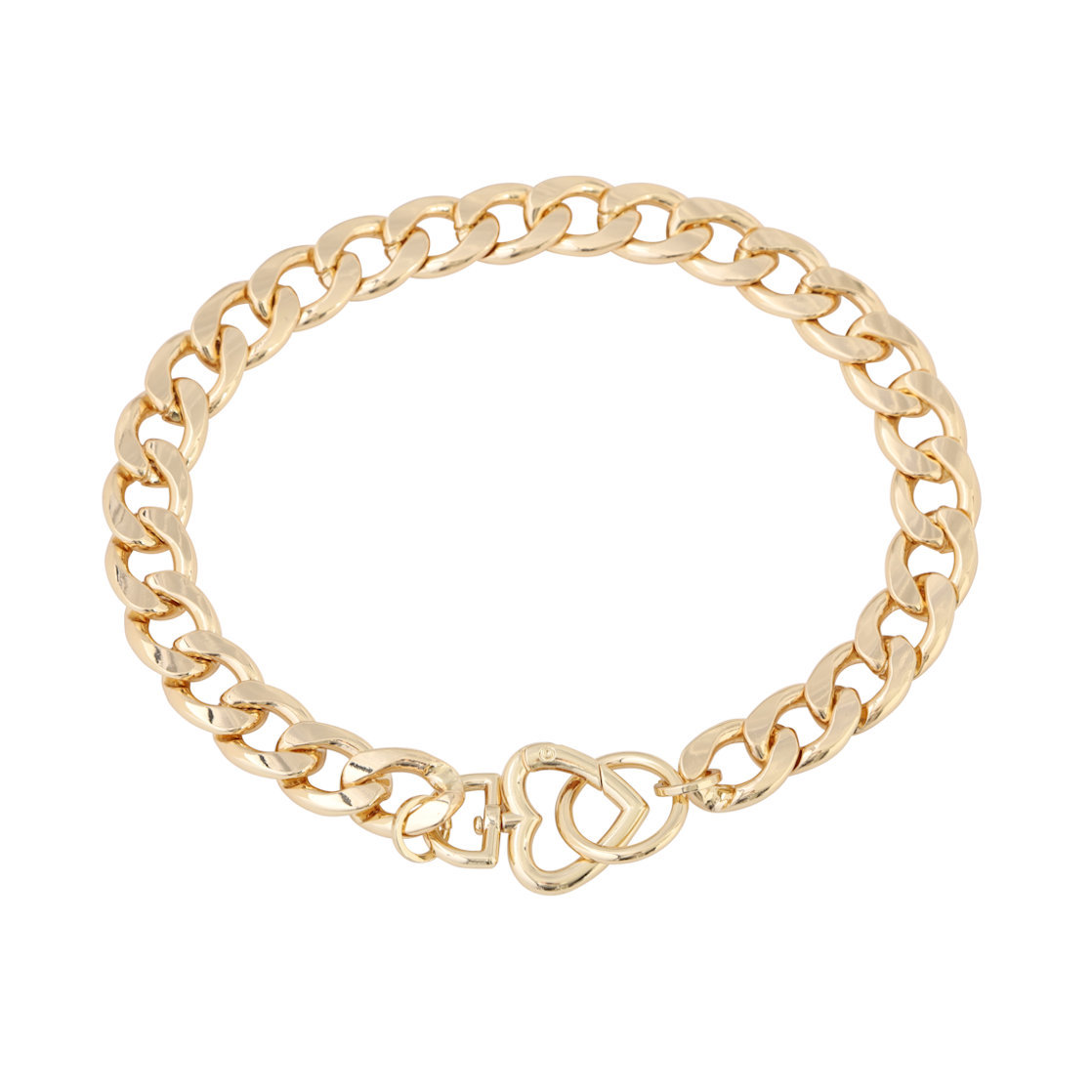





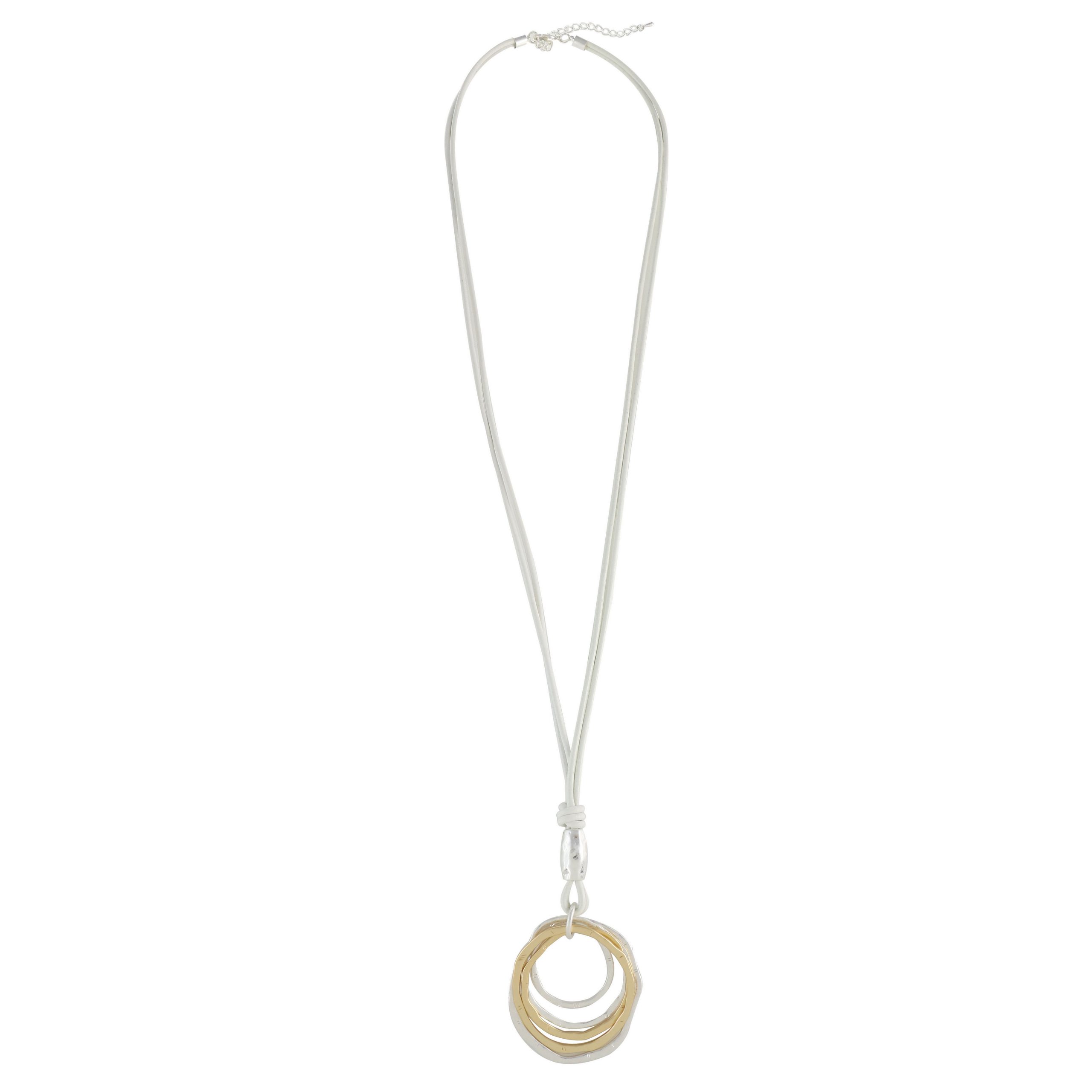



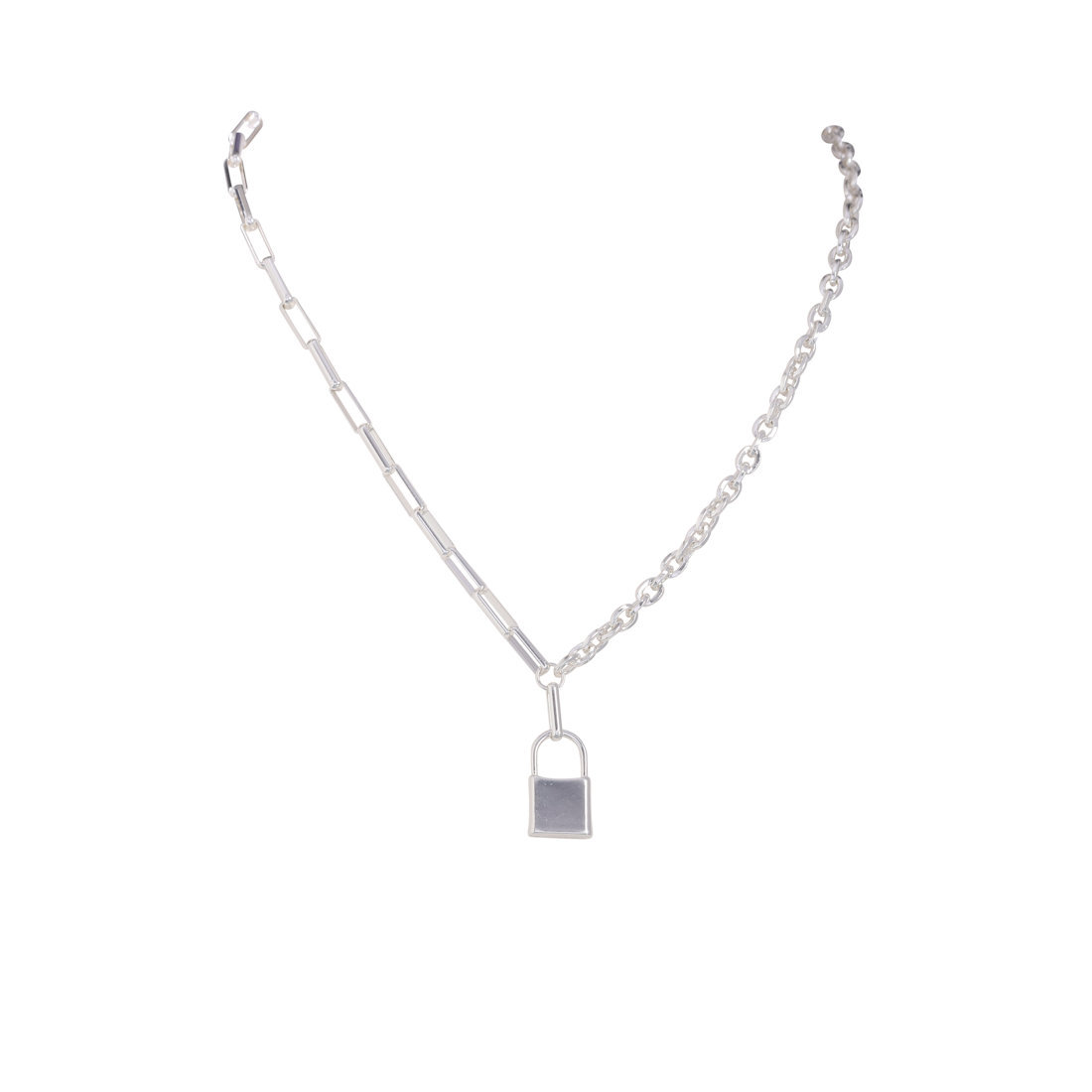
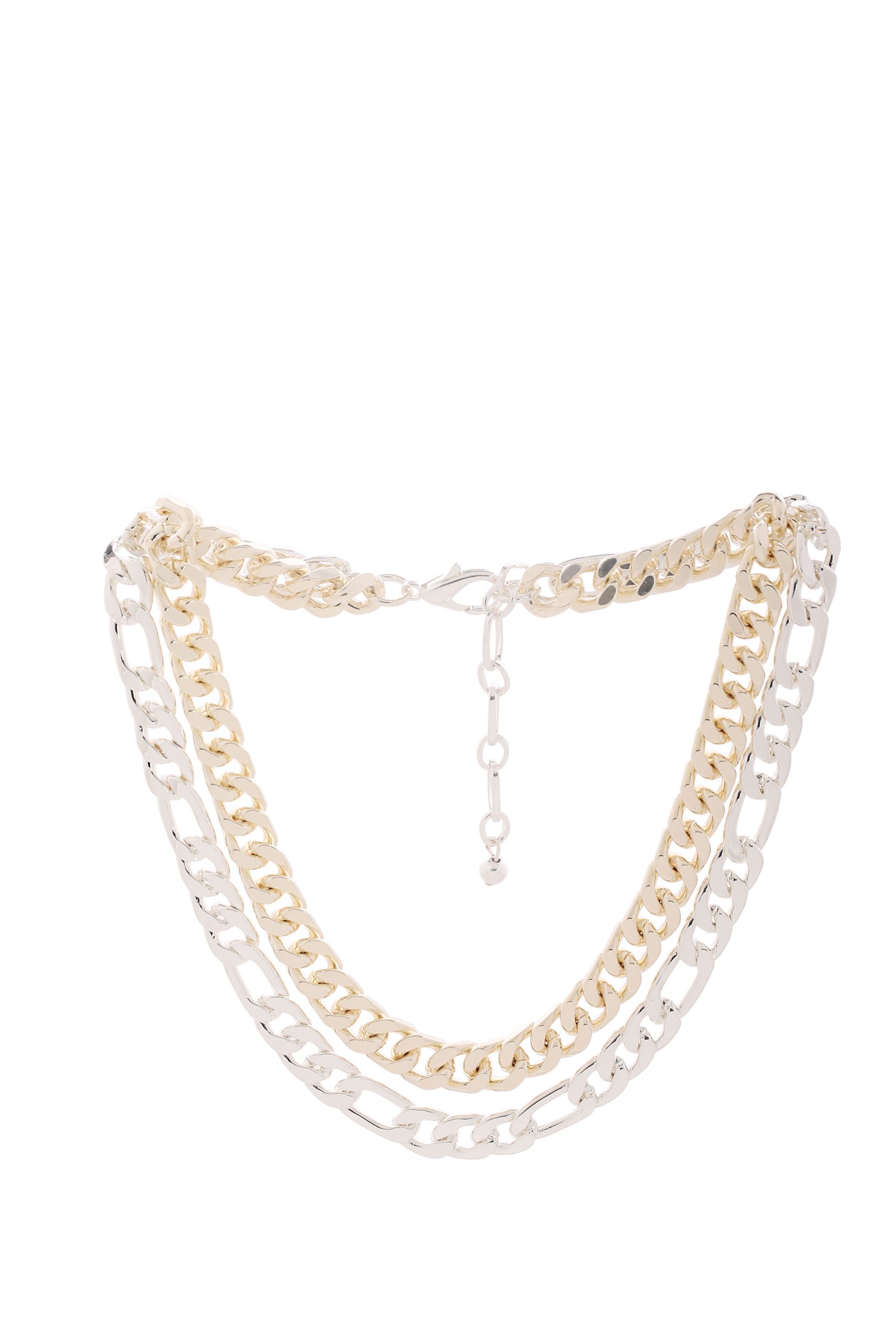




Important topic!